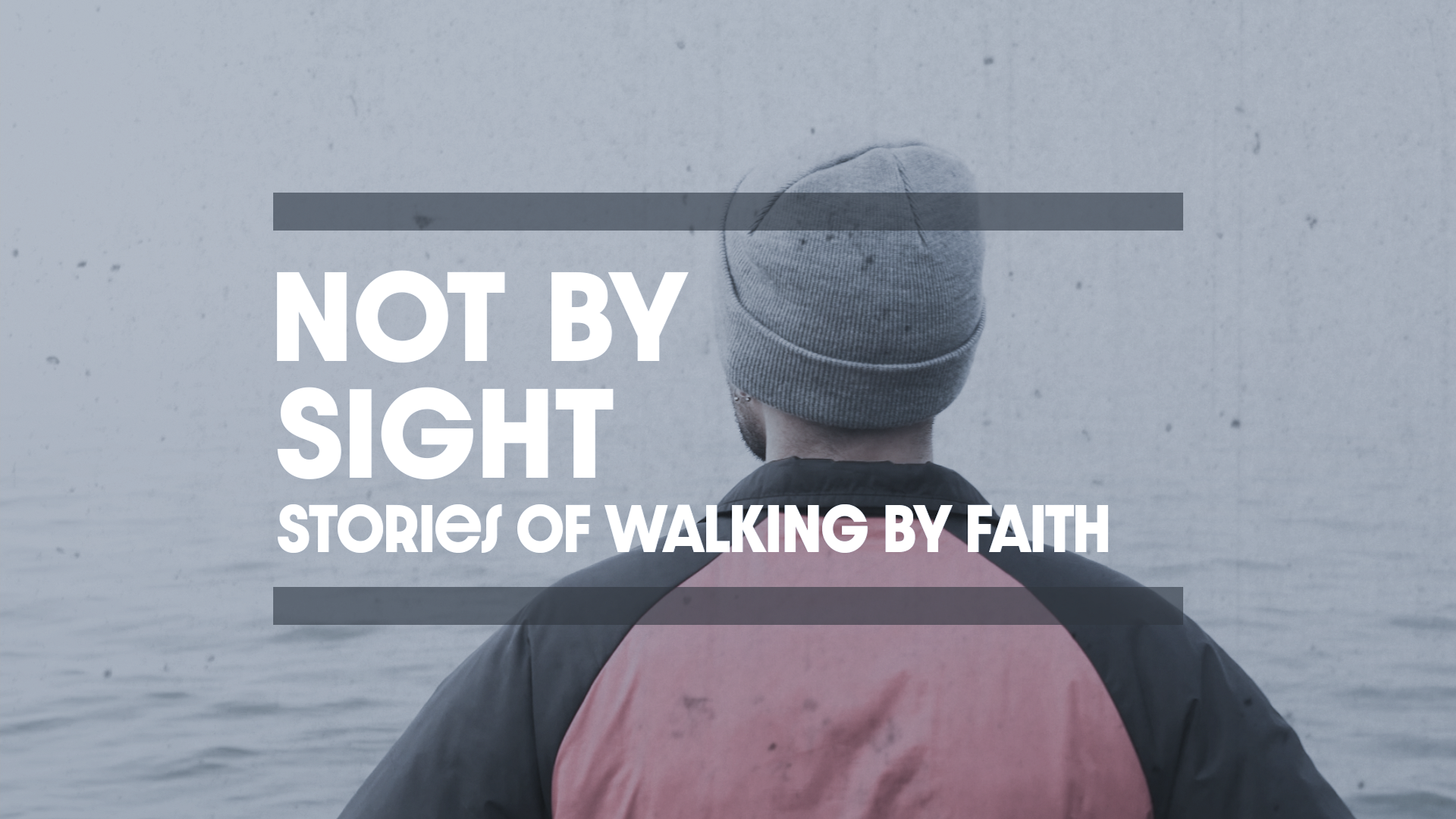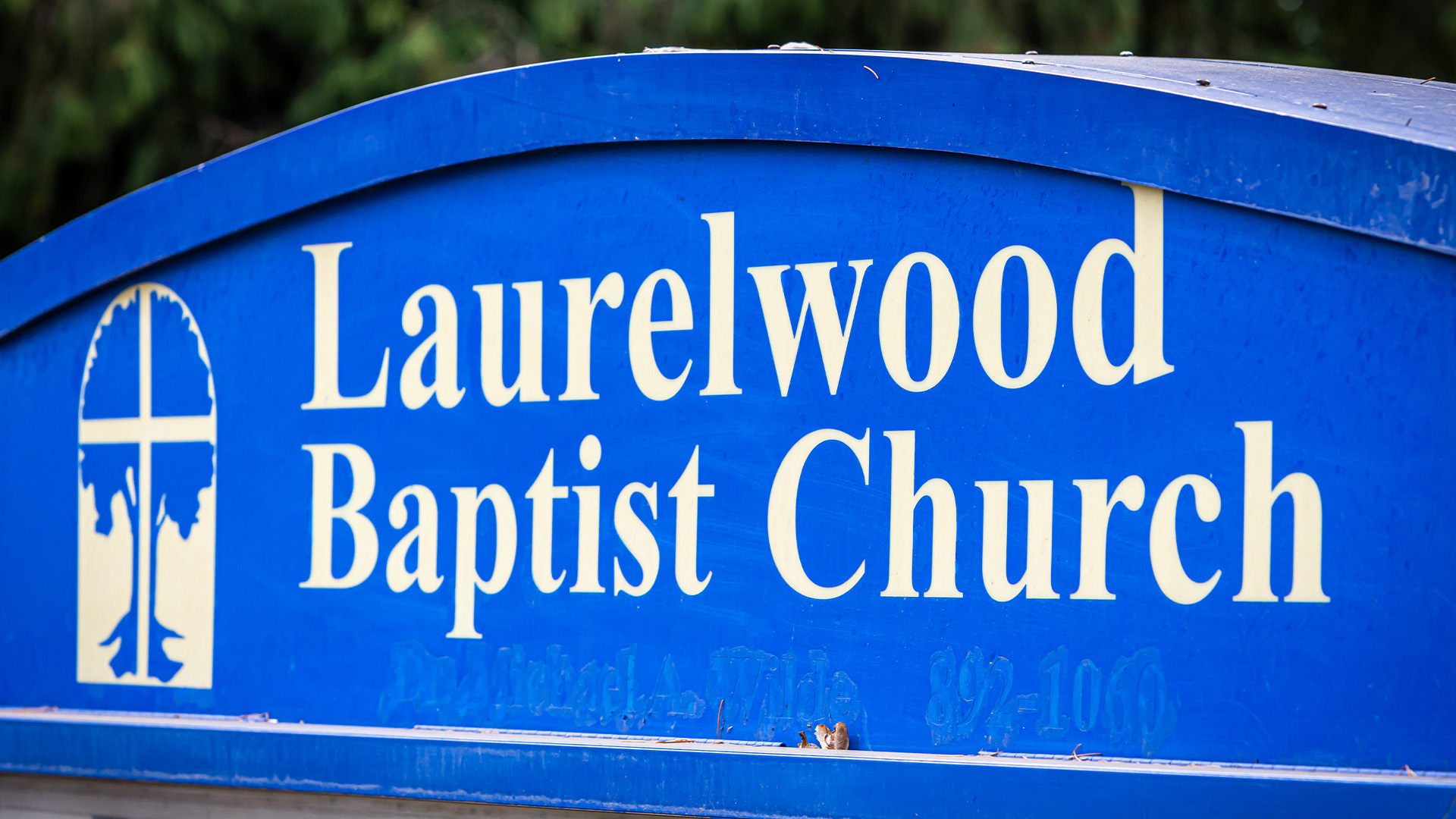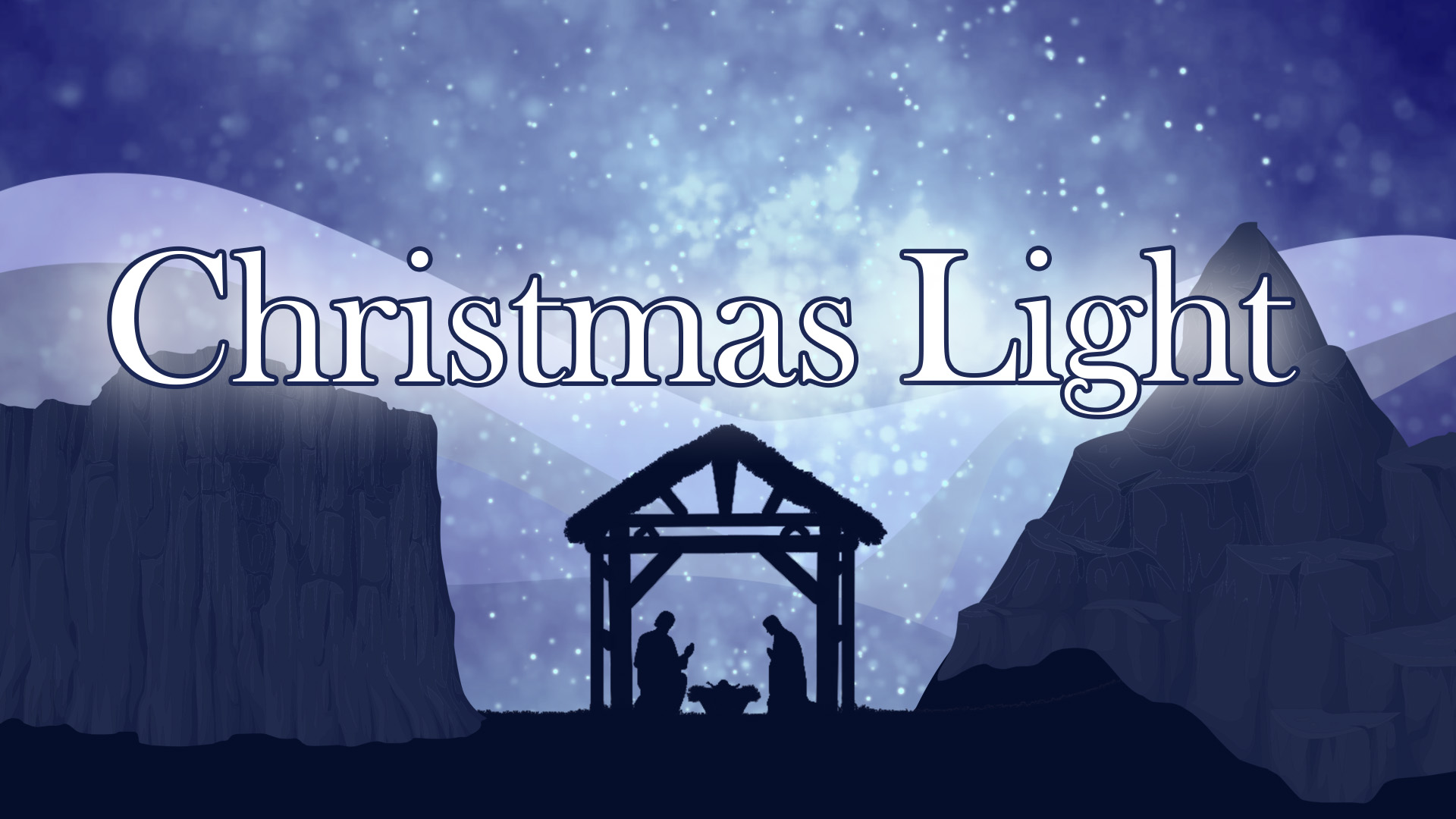Only God can judge the true greatness of a church, but one thing is sure: Great churches are made up of people who pray! Prayer was a vital part of the ministry of the Early Church and prayer gave the church great power for evangelism and discipleship. This Sunday, come learn how to pray for your pastors. When you pray for your pastors, you give them the most significant gift possible.
On this Palm Sunday we will examine Luke 19:28-44.We will celebrate that Jesus is King! He is Lord of all! He is in charge of everything! We do not need to fear earthquakes, fires, floods, or other catastrophes, He rules over every nation's ruler and the world economy. No need to fear your future, for your family, your job or our church. Jesus is King of Kings!

We are in our second week in our series entitled Not by Sight: Fresh Stories of Walking By Faith. This week, we will learn how to move forward in spite of our past. We see how Jesus Christ helped a woman move forward with a past. See you Sunday.

One of the most profound truths to believe and apply every day is a simple children’s song hook: “Jesus loves me this I know, for the Bible tells me so.” This statement is really at the heart of our faith. All of our decisions in our Christian walk stem from how much we believe this little line in a children’s song. As such, the most transformative truths in our faith are the simple ones. This coming Sunday, we come to a familiar story with a profound truth that God wants you to rely on him every day. A simple truth, yet one that if you will apply this everyday will transform your life from a life of fear to one of faith.

We live in a broken world that is lost and hurting. As followers of Christ, we often can see how this world is flawed and how sin has corrupted parts of our society. But how do we respond? What do we do when we see injustice in the world and when our hearts grieve (or lament) over the brokenness we find? This Sunday we will look at a corporate lament found in Psalm 12 to see how the Bible addresses these issues. Ultimately, we will discover that God has a plan and God is always good.

This coming week, we will start a new series called Not by Sight: Fresh Stories of Walking by Faith. There is no greater subject of importance for us than faith. All of the blessings we have in Christ and all the work he desires to do in us cannot happen without faith. This coming week, we will look at the question of what it means to walk by faith. As a result, I know God will speak to you so that you can more confidently walk with Him in faith today.

This week, we will see how to enjoy our life. The truth is that God wants you to enjoy your life. In this message we will see what stops us and how we can begin to enjoy life.

What happens when God disappoints? That’s the situation that Jonah had before him. Let’s see this coming week how we are to respond when God goes a different way.

In this text we are going to look at the power behind life change. Some of you here long to see more life change in your life or want to make more of an impact where you are, but haven’t seen it. In this message, we will look at the power to bring life change and to see changed lives.

My high school yearbook quote was something General Patton said that spoke to me: “I don’t measure a man’s success by how high he climbs but how high he bounces when he hits bottom.” I suppose this quote is dear to me because it speaks to what’s possible in our life when we are in a relationship with Jesus Christ. When He is in our life, our greatest failures and sins can become the beginning of a life of joy and success with God. This coming week, we are going to look at a man who has hit rock bottom. Jonah has finally got to the end. Yet, it’s in this dark place that God does his greatest work to prepare us to soar with Him.

Give it enough time and you will find yourself in the midst of a situation that you weren’t ready for. A parent gets sick and your life gets derailed, or a job that you thought was stable all of a sudden ends unexpectedly, you’re not sure what to do, and you have to pick up the pieces. In life, we call these “storms” – situations that come at us unexpectedly and begin to derail us. In addition to these, there are also storms that we create as well. God is committed to changing us for the better through the storm, but He wants us to respond in the right way. This coming message will look at how to do that.

Happy New Year! This coming Sunday, we begin a new series of the book of Jonah called Jonah: A Gracious God & A Reluctant Prophet. We are looking at this book to give us some more exposure to the Old Testament as a church and to learn more of the greatness of God’s grace and compassion.

Have you seen God's faithfulness this past year? Are you looking in the right place? How can we say "God is faithful" when our family situation is so messed up that God seems not to care? When personal tragedy strikes? When your health is failing? When you're wrestling with daily temptations and losing the match? Sometimes we can't see a reason for what God is doing, so we think, "The problem must be in my thinking, not in God." But what is the problem? How do I explain it when nothing makes sense? This last Sunday morning in 2023 will explore God's Word for answers.

We will take a pause this Sunday from our Old Testament study on the Lament Psalms so we can center on the season of Advent. During this Christmas series, we have been looking at the concept of light. The Advent Candles remind us about light each week as we light an additional candle, and the light grows brighter. This Sunday we look at the reality that God is light, and we have fellowship with Him and fellowship with one another. What a timely reminder this Christmas season to focus in on the Light of the World!
